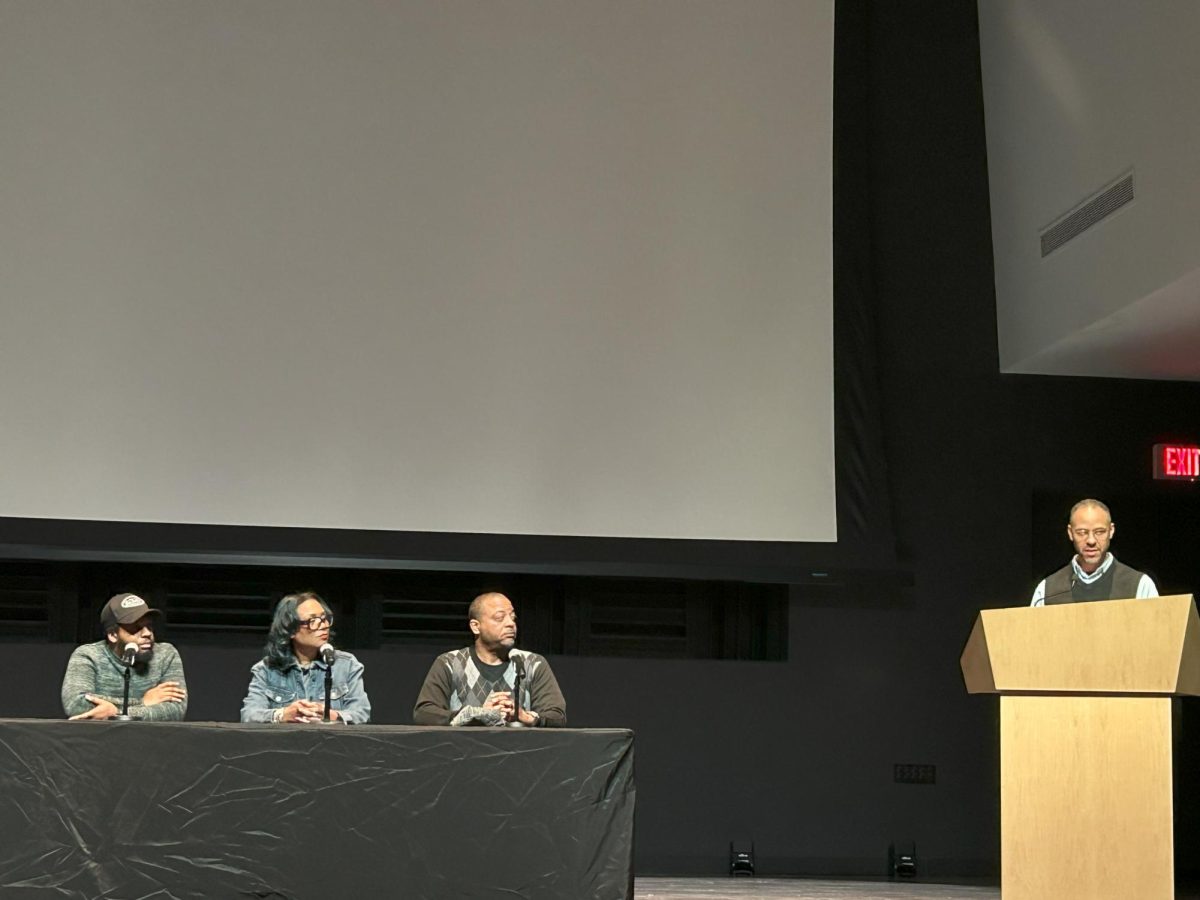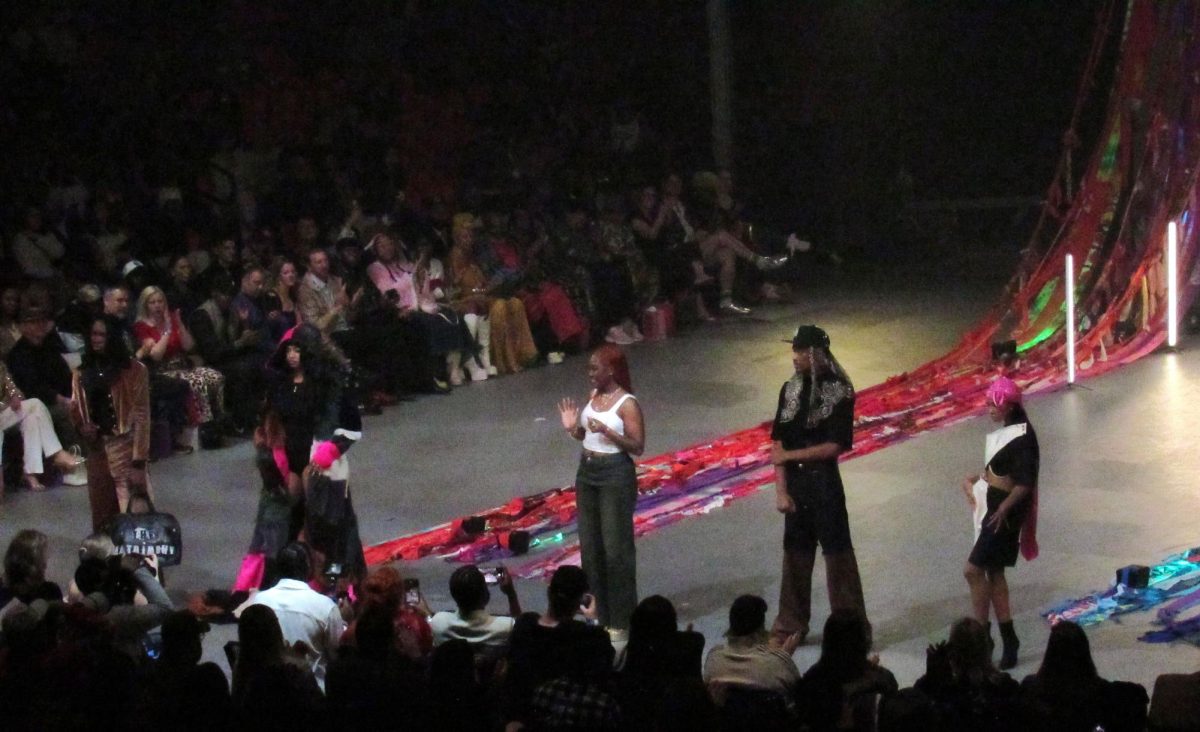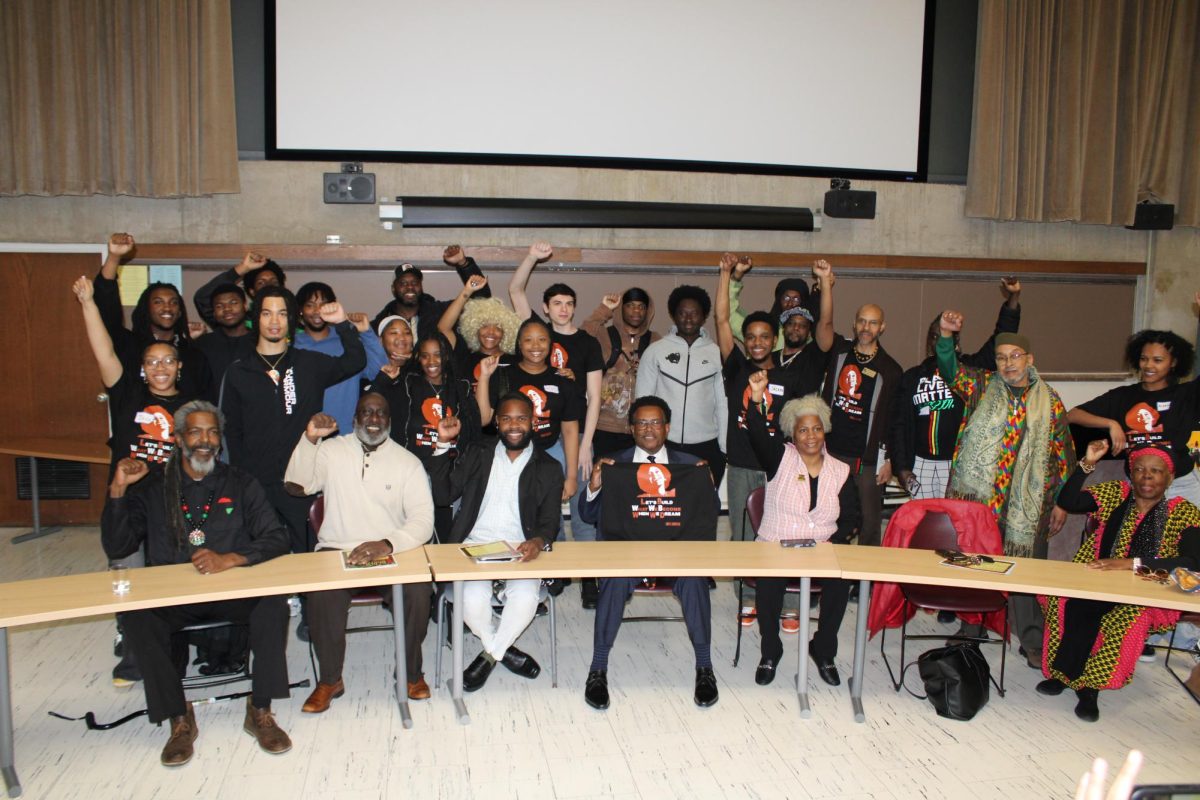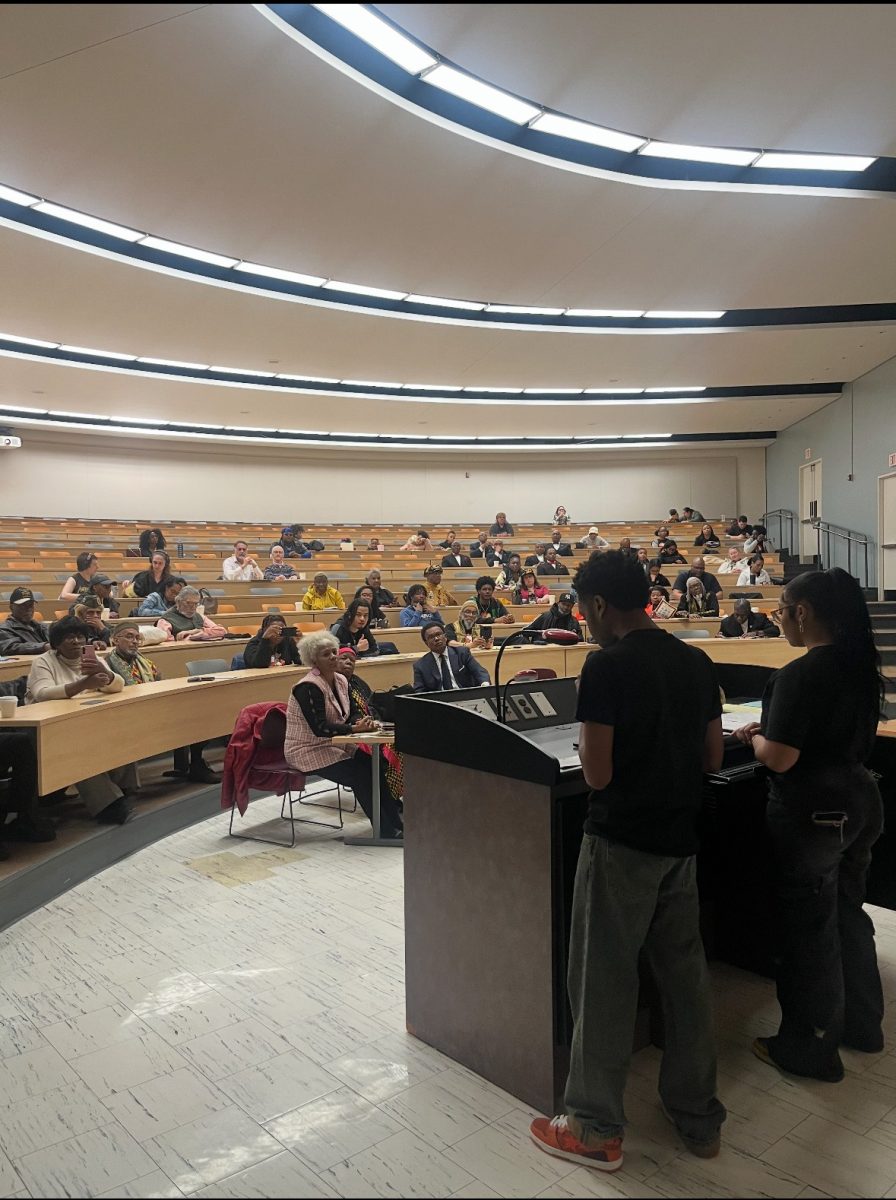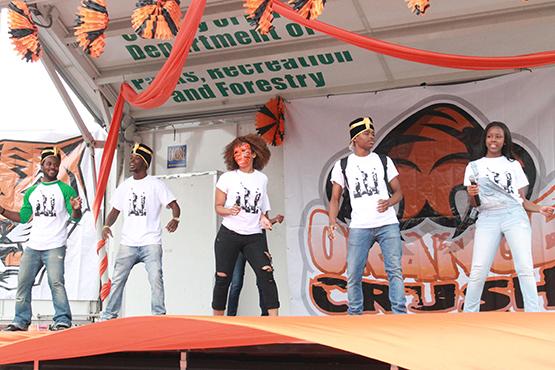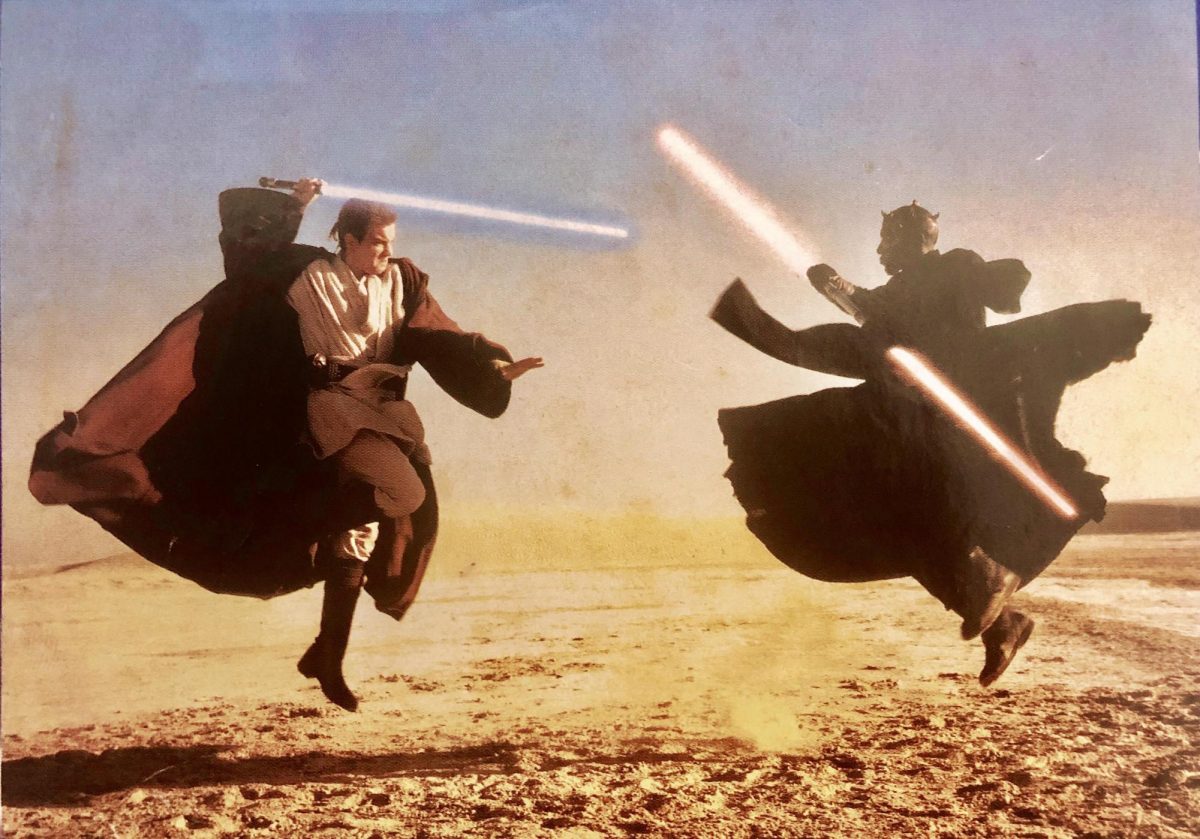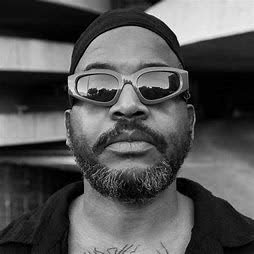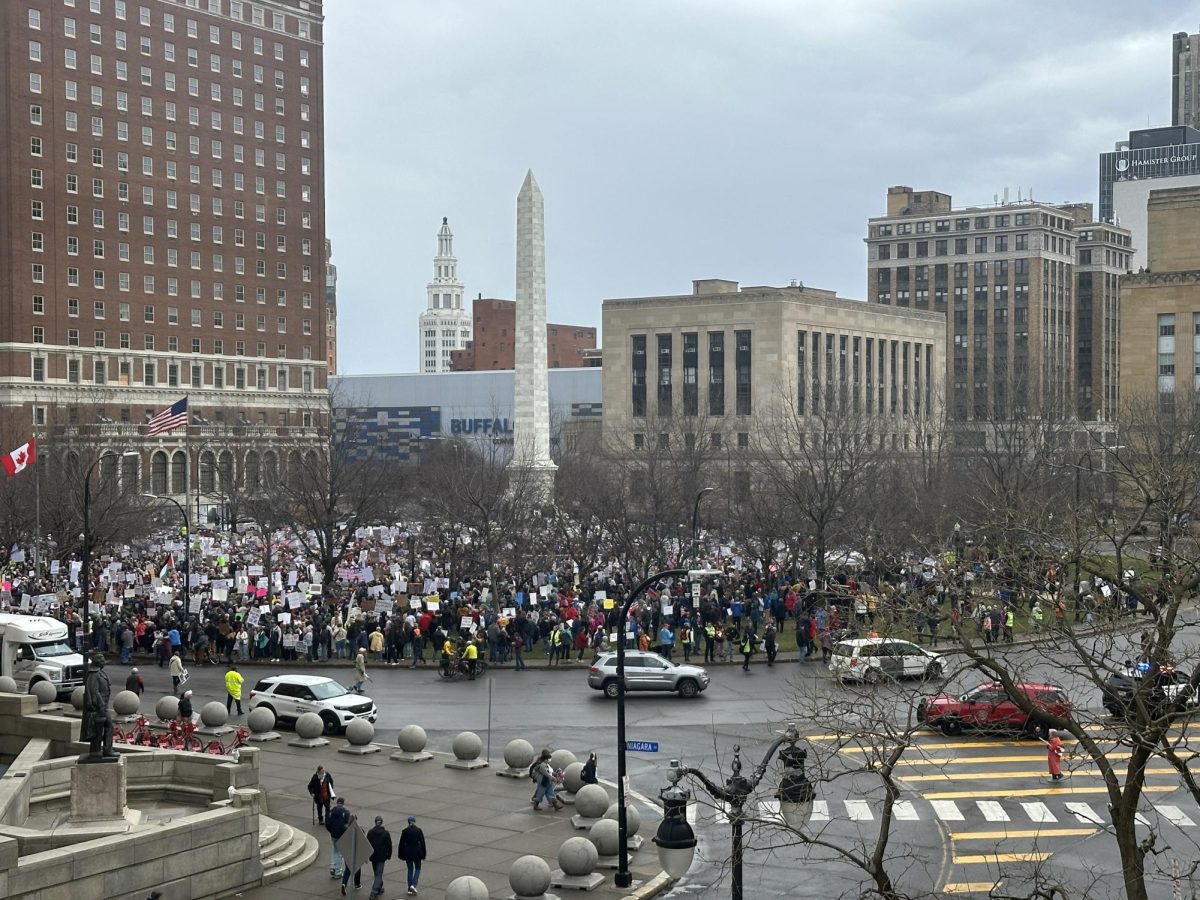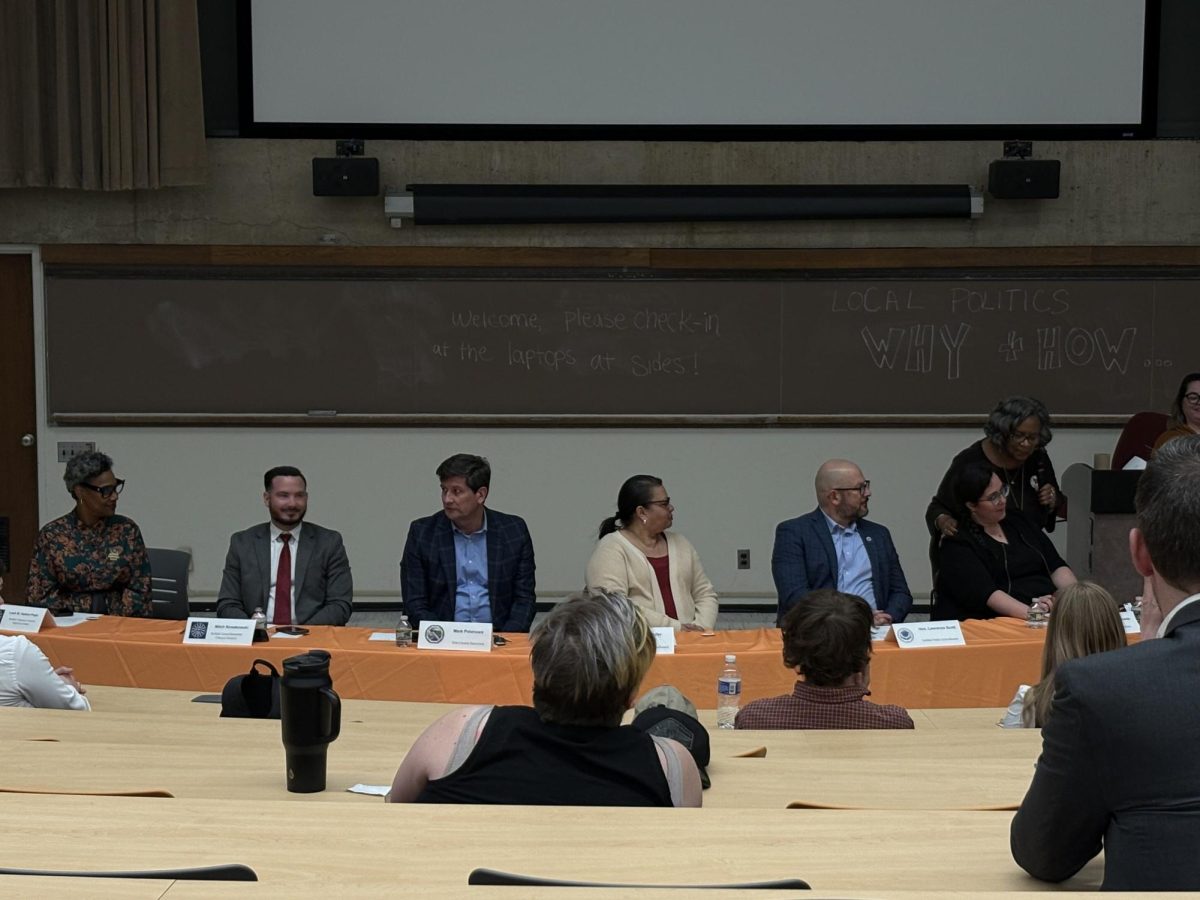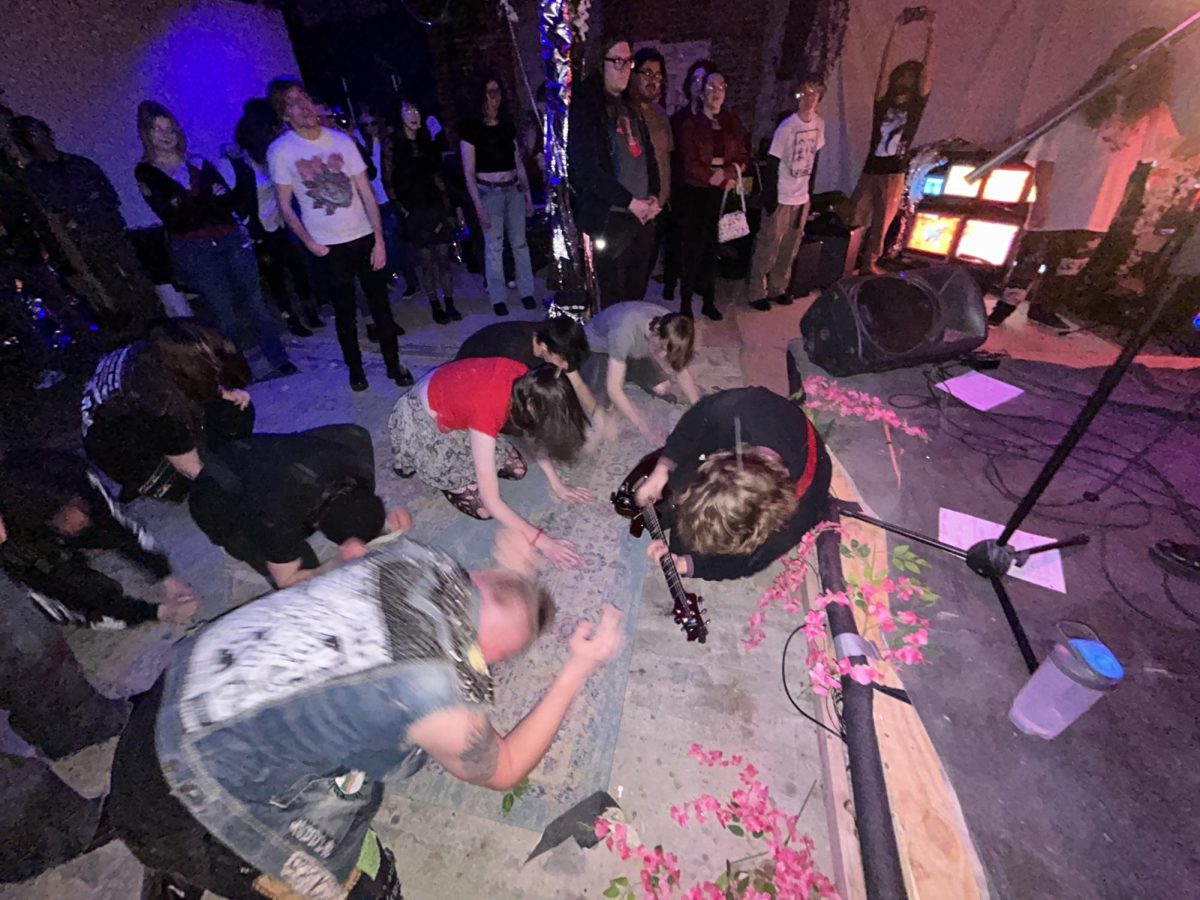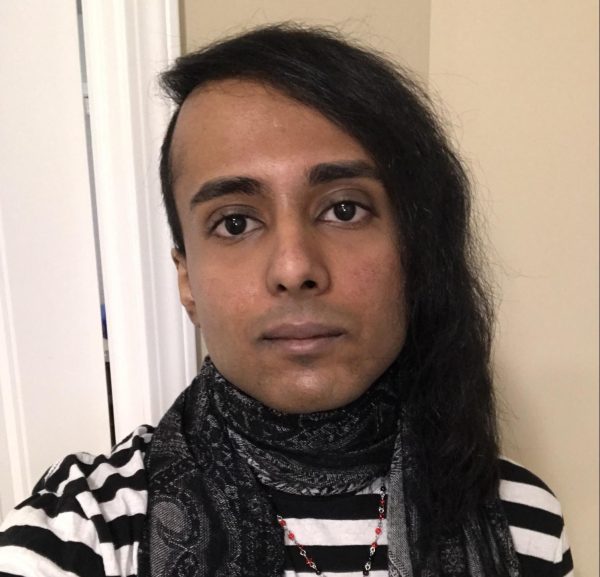With Black History Month drawing to a close, it’s important for us to remember that the individual leaders could only have as much of an impact as the foundational strength of the movement. Words only mean as much as the actions behind them.
In honor of the tenth season of Beyond Boundaries and of Black History Month, a screening of Lowndes County and the Road to Black Power gives insight into the on-the-ground rank and file organizers and activists that are in the fight for civil rights. Within these groups, it specifically looks at the Student Nonviolent Coordinating Committee (SNCC)’s struggle to give equitable representation and provide a strong support system for the black community.
After the screening, Dr. Marcus D. Watson, associate professor at Buffalo State, hosted a discussion panel consisting of Assistant Professor Dr. Douglas L. Hoston, Director of Transfer Advising Dr. Holly V. Quicksey, and De’Jon Hall, acting chief of the Rochester Police Accountability Board (RPAB) and a policy director on Buffalo mayoral candidate India Walton’s campaign.
Within the starting stages of SNCC, Ella Baker, an influential activist who has some relation to Martin Luther King Jr’s organization ‘Southern Christian Leadership Conference’ (SCLC), gave important advice that the organization takes with it close to heart.
“Ella Baker told SNCC to not become the youth version of MLK’s SCLC,” said Watson. “That vision is upheld by a lot of the interviews being of just regular people that happen to be a part the movement in SNCC.”
We saw this play out after the Voting Rights Act of 1965 was passed by the Johnson administration. There were still issues of voter suppression, with Lowndes County being a prime example. Regular people were still suffering, and the federal government and the major Civil Rights leadership would not come to their aid. SNCC and the locals of Lowndes County advocated for the black community, which accounted for 80 percent of the population, to have the right to exercise their vote and hold office.
While unfortunately that endeavor was not successful, the actions and impact of SNCC and Lowndes County have affected how activism is done to this day. Issues of voter suppression and failed leadership show the importance of outside change from the ground up.
“A lot of the leadership is basically like ‘I am going fight hard, but I still want to get paid’,” says Hoston. “Then you wonder why nothing gets done.”
The resistance to change from outside is the strong parallel between the violence in Lowndes County with the modern protests of today.
“Some of the violence in the film felt eerily similar to the protests I was in after George Floyd’s death,” recalls Hall.
With another unfortunate parallel within major events or movements, marginalized groups can often get put on the back burner.
“With an example in ‘hashtag me too’, the black women before and after that often face challenges of having their stories be taken seriously or be seen as credible,” says Quicksey. “It perpetuates that we are still not free from the impacts of racism.”
‘Lowndes County and the Road to Black Power’ gives us an important reminder in Black History month that we should take forward with us.
“At each point there was struggle. There was an unwavering struggle towards freedom,” says Hall. “We are still in the middle of the same fight. It never ended. Freedom and justice are a commitment for a lifetime.”


